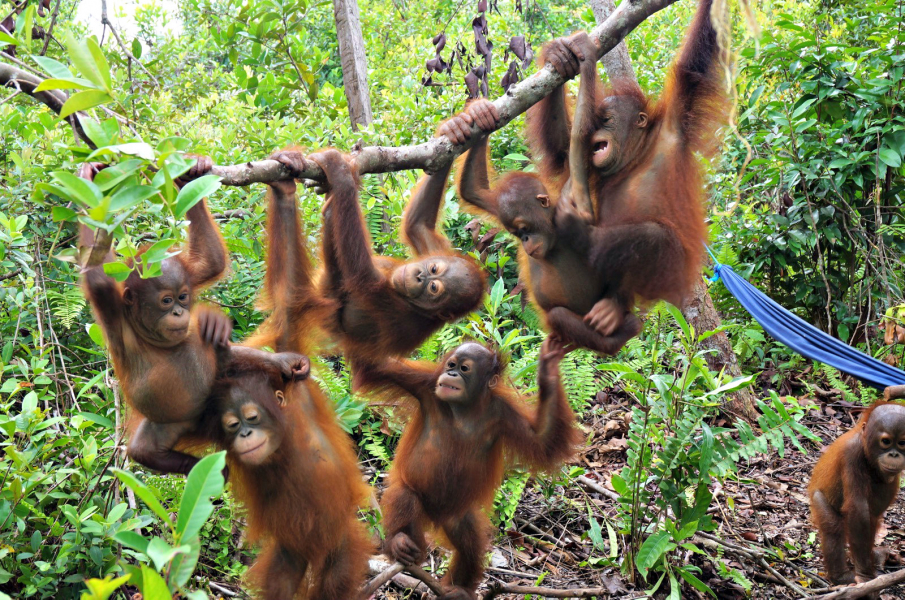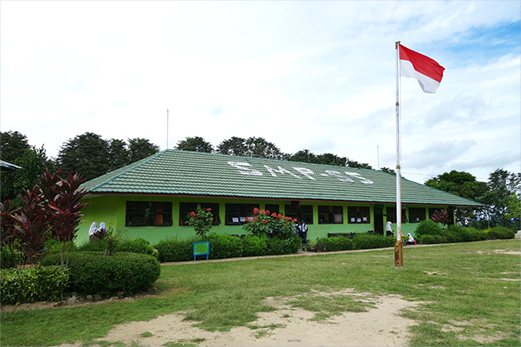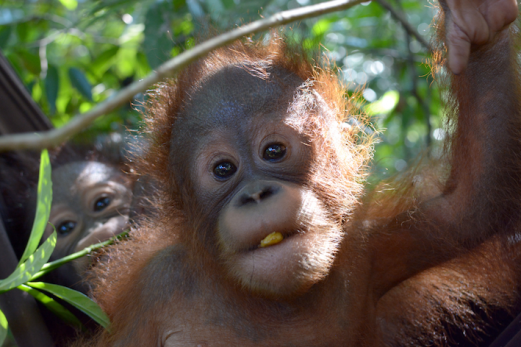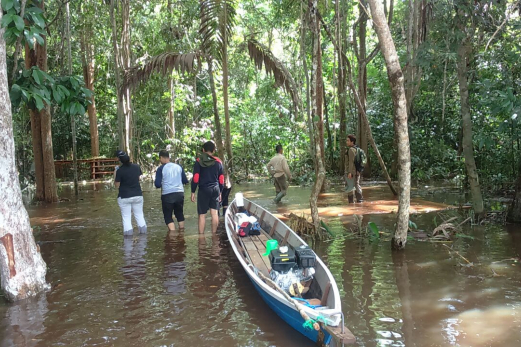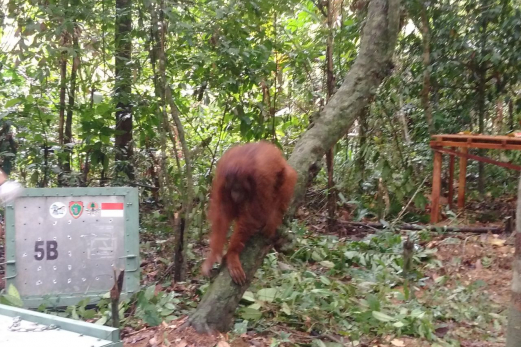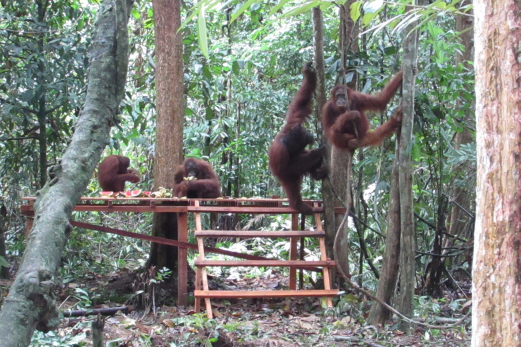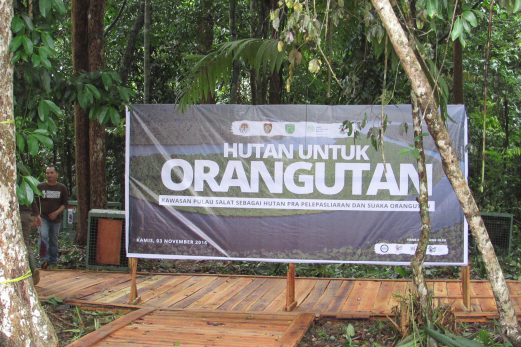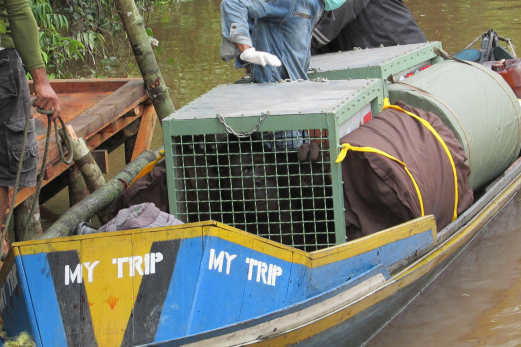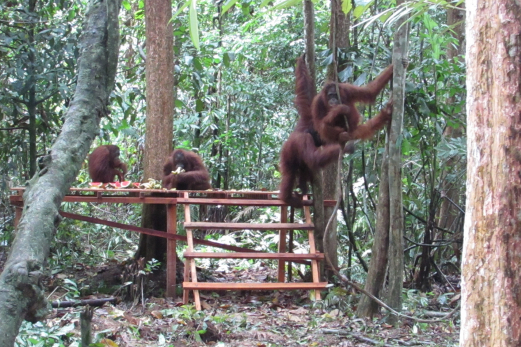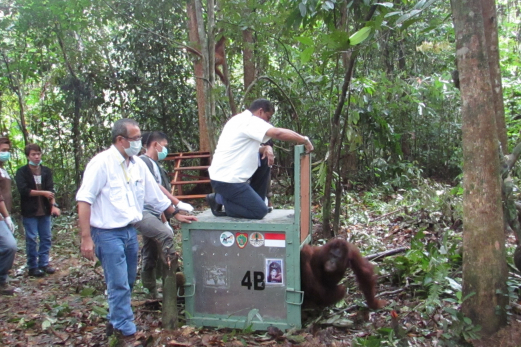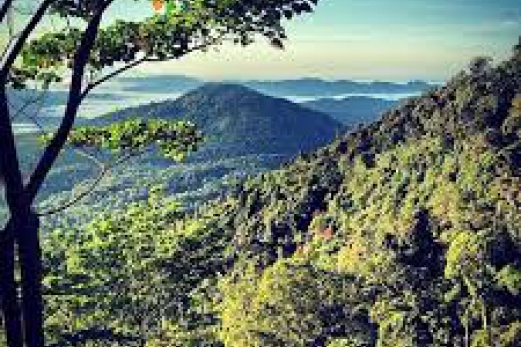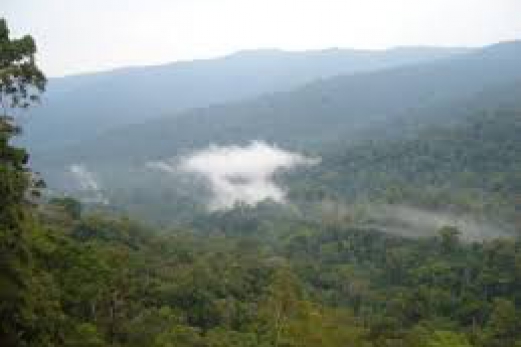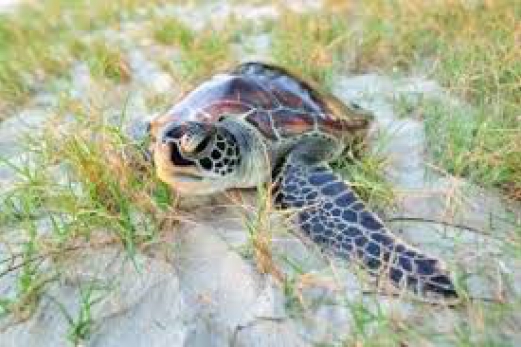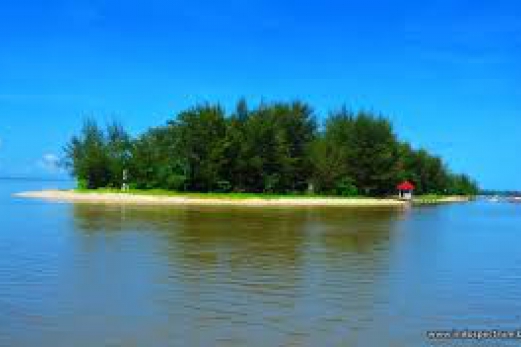Commitment to Conservation
Recognizing the challenges that a continuously growing palm oil industry might pose, SSMS has proactively taken a multi-stakeholder approach to monitor, manage and protect biodiversity in high conservation value (HCV) forests.
Tanjung Keluang Ecoutourism Park
For years, the area of Tanjung Keluang in Central Kalimantan has seen activities that threaten its biodiversity. These include zircon mining, wildlife hunting and waste dumping.
Beginning in 2014, SSMS has embarked on a five-year program assisting the BKSDA to develop Tanjung Keluang Ecotourism Park. The five-year program aims to turn around the current practices through area rehabilitation, wildlife conservation, and security ramp up. Additionally, local community engagement program is expected to help them gain an eco-friendly mindset, new capabilities, and alternative livelihood.
Batu Kotam: A Corridor for Orangutans
PT KSA, a subsidiary of SSMS, has also been supporting BOSF over the past two years within the HCV areas of their plantation in Batu Kotam, Central Kalimantan. Based on surveys carried out by BOSF in 2015, a small population of wild orangutans continues to live there. This is one of the last orangutan populations along the Lamandau River of Central Kalimantan.
PT KSA has committed to swab its core area for plasma and utilize its unopened plasma area to build a safe corridor for the orangutans and other animals in the vicinity, connecting the HCV area to the surrounding forest area. PT KSA has also been conducting socialization and education programs for the local communities on the importance of orangutan conservation.
Salat Islands: A Partnership for Orangutan Conservation
UN Environment has called for a common ground between industry development and biodiversity conservation. The UN body is a long-time advocate for a collaboration between the two as a sustainable solution to save great apes.
This is a view that we share and is embodied in our partnership with Borneo Orangutan Survival Foundation (BOSF), which dates back to 2015. The foundation has been struggling with the overcrowding of orangutans in its rehabilitation center, and thus in 2016, we stepped up to provide BOSF with an additional 1,434-hectare pre-release area on Pulau Salat. We have also dedicated 25-strong staff to help with the conservation program on the islands.
Now accounting to over 2,000 hectares in total, Salat Islands can accommodate up to 200 orangutans for pre-release training. Together, BOSF and SSMS have released 24 orangutans and are planning to release a total of 100 orangutans onto Salat Islands by the end of 2017. This step is set to significantly reduce the pressure on BOSF’s rehabilitation center.
Tanjung Keluang Ecotourism Park
For years, the area of Tanjung Keluang in Central Kalimantan has seen activities that threaten its biodiversity. These include zircon mining, wildlife hunting and waste dumping.
Beginning in 2014, SSMS has embarked on a five-year program assisting the BKSDA to develop Tanjung Keluang Ecotourism Park. The five-year program aims to turn around the current practices through area rehabilitation, wildlife conservation, and security ramp up. Additionally, local community engagement program is expected to help them gain an eco-friendly mindset, new capabilities, and alternative livelihood.
Kenambui Lake Conservation Program
Kalimantan is home to eight sub-species of hornbills, which is one of the 25 endangered species protected by the Indonesian Government Regulation No. 7/1999. In line with our commitment to maintain harmony between business development and nature conservation, we have designated over 100 hectares of Kenambui Lake area within our concession as a conservation area for aquatic animals, especially the hornbills.
Coordinating with the Natural Resources Conservation Agency (BKSDA), a dedicated SSMS Sustainability team supervises and manages the conservation of this endangered species within Lake Kenambui area. The team regularly ensures that Lake Kenambui continues to be a habitat that can provide the hornbills and other key species with enough food, sufficient protection and other requirements that are essential for their survival. The team also conducts socialization and education programs for surrounding communities to ensure the success of this program.


